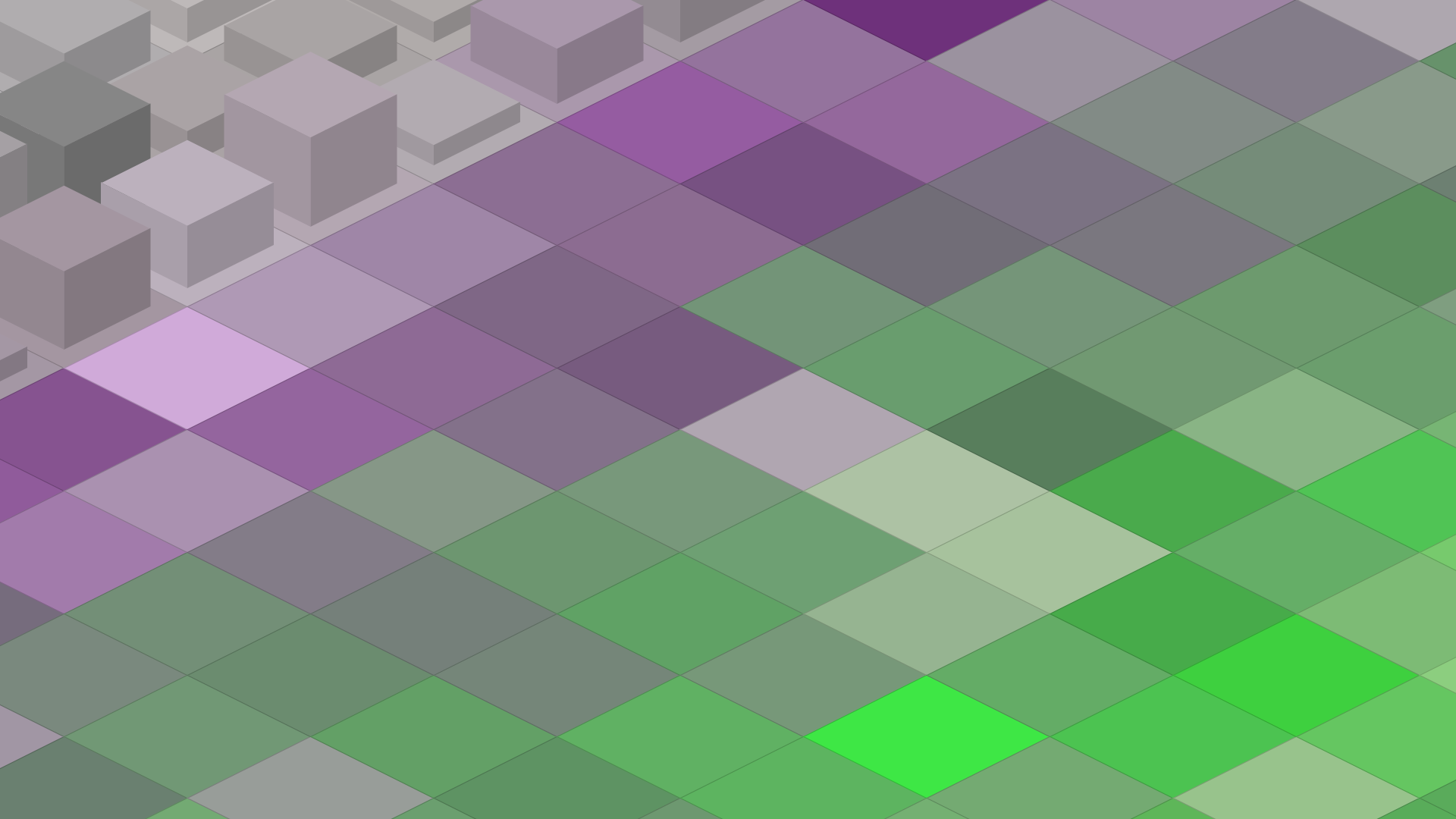homeWelcome
This is the site’s lobby. It shows recently published articles and news keeping you up-to-date on all things PURPLE.about usGet to know us
Learn about our mission, structure & members.newsThe latest on PURPLE
Current and archived news articles can be found here.eventsPURPLE meetings & events
publicationsPublications
A variety of documents and films available for on- or offline viewing.ROBUSTDetails of the ROBUST project are being added to this section of the website on an ongoing basis
linksLinks
Visit websites of organisations and projects affiliated to PURPLE.contact usContact us
Contact information for PURPLE.sitemapSitemap
Shows a list of all the public pages on the PURPLE website.
This is the site’s lobby. It shows recently published articles and news keeping you up-to-date on all things PURPLE.about usGet to know us
Learn about our mission, structure & members.newsThe latest on PURPLE
Current and archived news articles can be found here.eventsPURPLE meetings & events
publicationsPublications
A variety of documents and films available for on- or offline viewing.ROBUSTDetails of the ROBUST project are being added to this section of the website on an ongoing basis
linksLinks
Visit websites of organisations and projects affiliated to PURPLE.contact usContact us
Contact information for PURPLE.sitemapSitemap
Shows a list of all the public pages on the PURPLE website.

